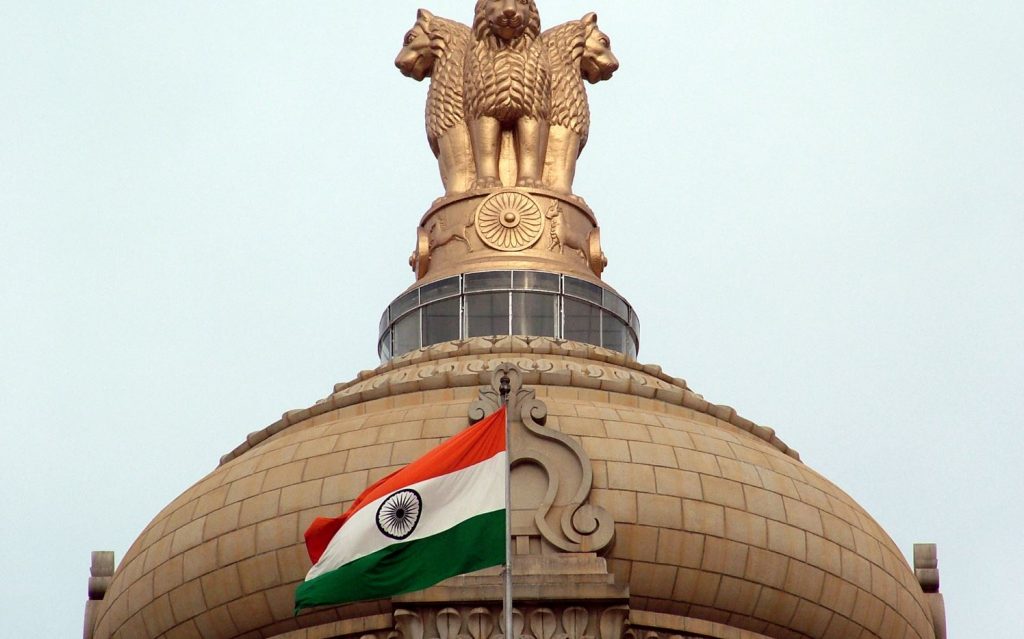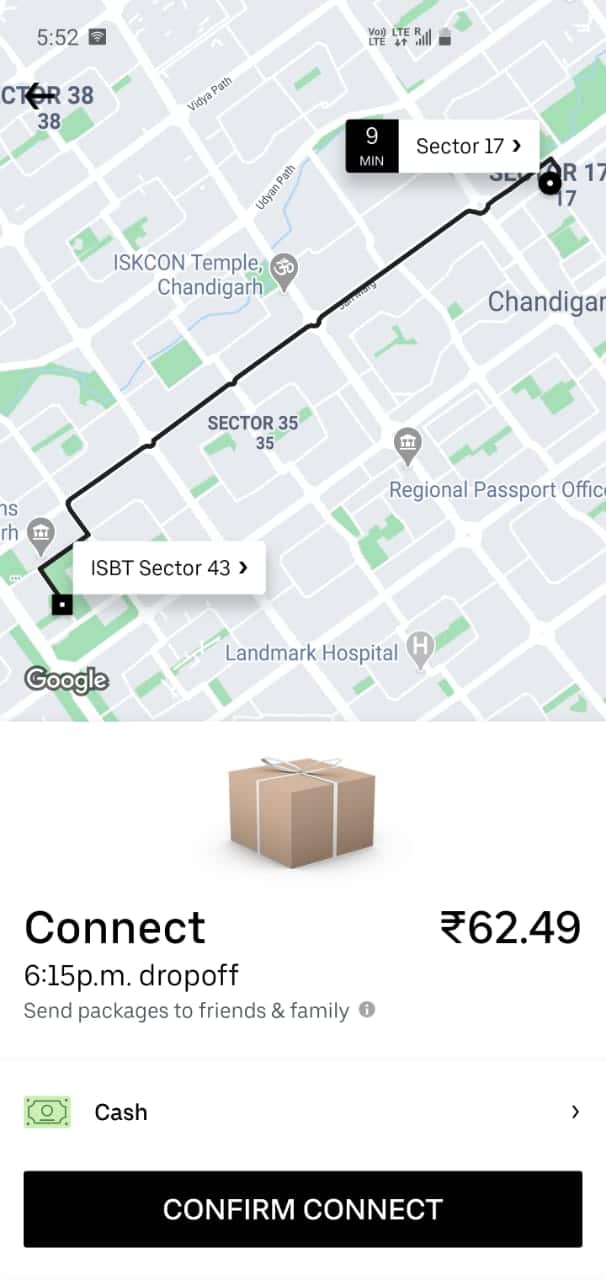 TheTechMedia.com/wp-content/uploads/2020/07/indian-emblem-flag-the-tech-portal-featured-e1594651638298.jpg 1024w, https://TheTechMedia.com/wp-content/uploads/2020/07/indian-emblem-flag-the-tech-portal-featured-300×187.jpg 300w, https://TheTechMedia.com/wp-content/uploads/2020/07/indian-emblem-flag-the-tech-portal-featured-768×479.jpg 768w, https://TheTechMedia.com/wp-content/uploads/2020/07/indian-emblem-flag-the-tech-portal-featured-800×499.jpg 800w, https://TheTechMedia.com/wp-content/uploads/2020/07/indian-emblem-flag-the-tech-portal-featured-1160×723.jpg 1160w” sizes=”(max-width: 1024px) 100vw, 1024px”>
TheTechMedia.com/wp-content/uploads/2020/07/indian-emblem-flag-the-tech-portal-featured-e1594651638298.jpg 1024w, https://TheTechMedia.com/wp-content/uploads/2020/07/indian-emblem-flag-the-tech-portal-featured-300×187.jpg 300w, https://TheTechMedia.com/wp-content/uploads/2020/07/indian-emblem-flag-the-tech-portal-featured-768×479.jpg 768w, https://TheTechMedia.com/wp-content/uploads/2020/07/indian-emblem-flag-the-tech-portal-featured-800×499.jpg 800w, https://TheTechMedia.com/wp-content/uploads/2020/07/indian-emblem-flag-the-tech-portal-featured-1160×723.jpg 1160w” sizes=”(max-width: 1024px) 100vw, 1024px”>Indian startup culture has given birth to some of the biggest companies in the world, and has been attracting attention of investors worldwide. As these companies continue to grow, there comes a time when going public is the next obvious step. Now, as the startup culture of the country has matured and more and more companies are becoming unicorns (and some even claiming the title of decacorns), there is a urgent need for ease of restrictions when it comes to IPOs. The Securities and Exchange Board of India (SEBI) realizes this, and has made it easier for startups to go public on the Innovators Growth Platform or IGP, with a few changes in the process.
First of all, investors owning 25% or more of the startup will now have their mandatory shareholding period before an IPO reduced to one year. Earlier, this was capped at two years, which came in the way of companies looking to scale up quickly.
Moreover, SEBI has also recommended that a higher share of allotment be issued to anchor investors during listing-up to 60%, with a lock-in of 30 days on such shares.
“It has been decided to allow the issuer to allocate up to 60 percent of issue size on a discretionary basis, prior to issue opening to eligible investors with a lock-in of 30 says on such shares,” according to the outcome of the board meeting.
One of the biggest changes, that can change the IPO culture in India, is SEBI’s decision to relax the trigger for an open offer to 49 percent from 25 percent.
Moreover, delisting has also become easier now, as a listing will only be deemed successful if the shares tendered and accepted reaches 75 percent of total issued shares and 50 percent of public shareholders.
Last but not least, it has also allowed companies to issue superior voting rights to promoters.
All these changes are aimed at making the IPO process a little easier for Indian startups. The country has seen startups like Byju’s and Paytm become cultural phenomena, and as the date of an imminent IPO approaches for these companies, it’s nice to see that the Indian government is taking steps to help the process. Moreover, reports have been coming up about companies like Zomato and Flipkart aiming for an IPO very soon, and these new rules might help push other, similar companies, to go public as well.








